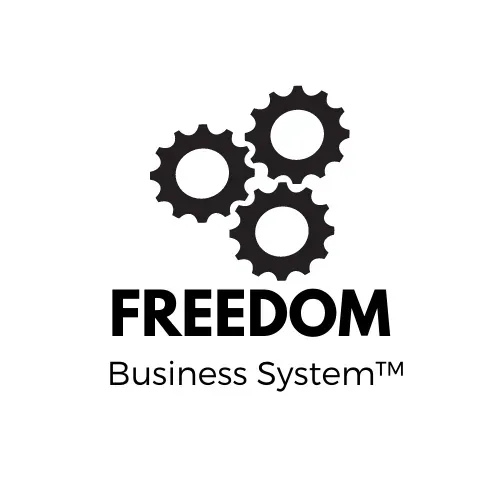Blog

3 Examples of Business Systems Entrepreneurs Use
Many small and medium-scale entrepreneurs handle the operational tasks of the business themselves. Yet they recognize the fact that an entrepreneur should work "on" the business not "in" it. These examples of small business systems creation are crucial to grow and scale your business.
Sometimes it is just because there are too many options to choose from when looking for examples of business systems entrepreneurs use. This results in being inundated with too many small tasks and duties that need to be done daily.
These repeatable activities - left to the entrepreneur - create bottlenecks in scaling up the business. Fortunately, there are ways to avoid these roadblocks.
Here are 3 examples of small business systems entrepreneurs can use
Whatever industry you belong, your business goals must be clear - and these goals must include clear processes. As a business owner, the role you must prioritize is to organize your own processes to delegate. Pretty obvious, and easier said than done. SweetProcess will make it doable.
Its main feature is to document all those repetitive tasks that eat up your precious time, so you can grow your team and grow your business. Here are the main features of SweetProcess business system:
Employee turnover without the set-backs
When an employee leaves, training their replacement is a breeze since all of their tasks have been documented and refined over time.
Reduce errors and re-dos
Procedures are easy to follow, illustrated with screenshots, videos and checkboxes to ensure no steps are missed.
Add value to your business
A business built on a foundation of well-documented Standard Operating Procedures (SOP) has a higher value and compounds over time.
They have a 14-day trial period that doesn’t require a credit card, and you can cancel anytime. Visit their website today to find out more.
2. Process Maker
If you aren’t so much of a tech-savvy entrepreneur, here’s an example of business system for you that features an intuitive drag-and-drop interface. It's easy for anyone to create a model of workflows. It is essentially one of the leading Open Source Business Process Management (BPM) and Workflow Suite options out there.
This tool, being cost-effective, is highly rated across several review platforms. Below is an excerpt from FinancesOnline.com's review:
"The software is completely web-based and accessed via any web browser, making it simple to manage and coordinate workflows throughout an entire organization, including user groups and departments.
Its dashboards and key performance indicators (KPI) provide decision-makers with full visibility to see how processes and employees are performing. There are nearly unlimited options for creating personalized dashboards. Users can also keep track of the progress of requests they have initiated or requests that require their input."
3. TeamWork
With millions of users under 370,000+ companies and an effective 24/7 support, TeamWork deserves a spot on this list. The features cover all of the essentials for a business system to effectively work, regardless of the scale. The flexibility of this business system is perfect for entrepreneurs who want full control when it comes to customization.
One favorite functionality of this tool is the collaborative environment it helps to create. With Teamwork chat, members of the organization can easily communicate and work on projects together. Include your VA, team members, consultants or more to develop your business systems with you.
TeamWork also features an empowering tool called Teamwork Desk. With this, you can easily manage your tickets, creating a 24/7 support hub for inbound and outbound communication. Measure customer happiness, the productivity of your organization and assess your traffic channels are among the most useful functionality of TeamWork.
Bottom Line
Regardless of which business systems software you use, it's imperative to document, document, document! Any repeatable task deserves a process and business system. Add in screenshots, video tutorials, resource log-ins, software, and more to empower your team members. Once the business systems are done and SOPs created - iterate, improve, and adapt over time.
Creating these business systems allow you to delegate out the activities not central to your role and strengths. You'll have more time to work in your sweet spot and create more lasting growth through strategic partnerships, vision and more.

